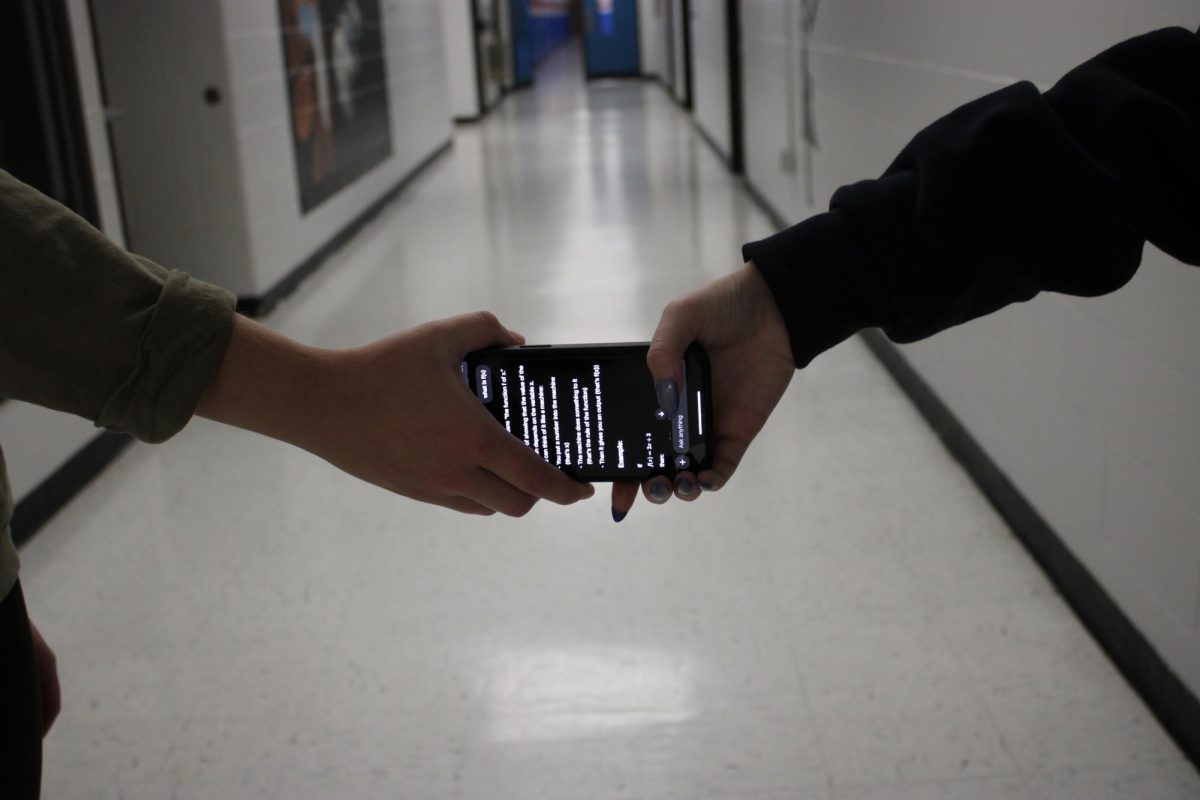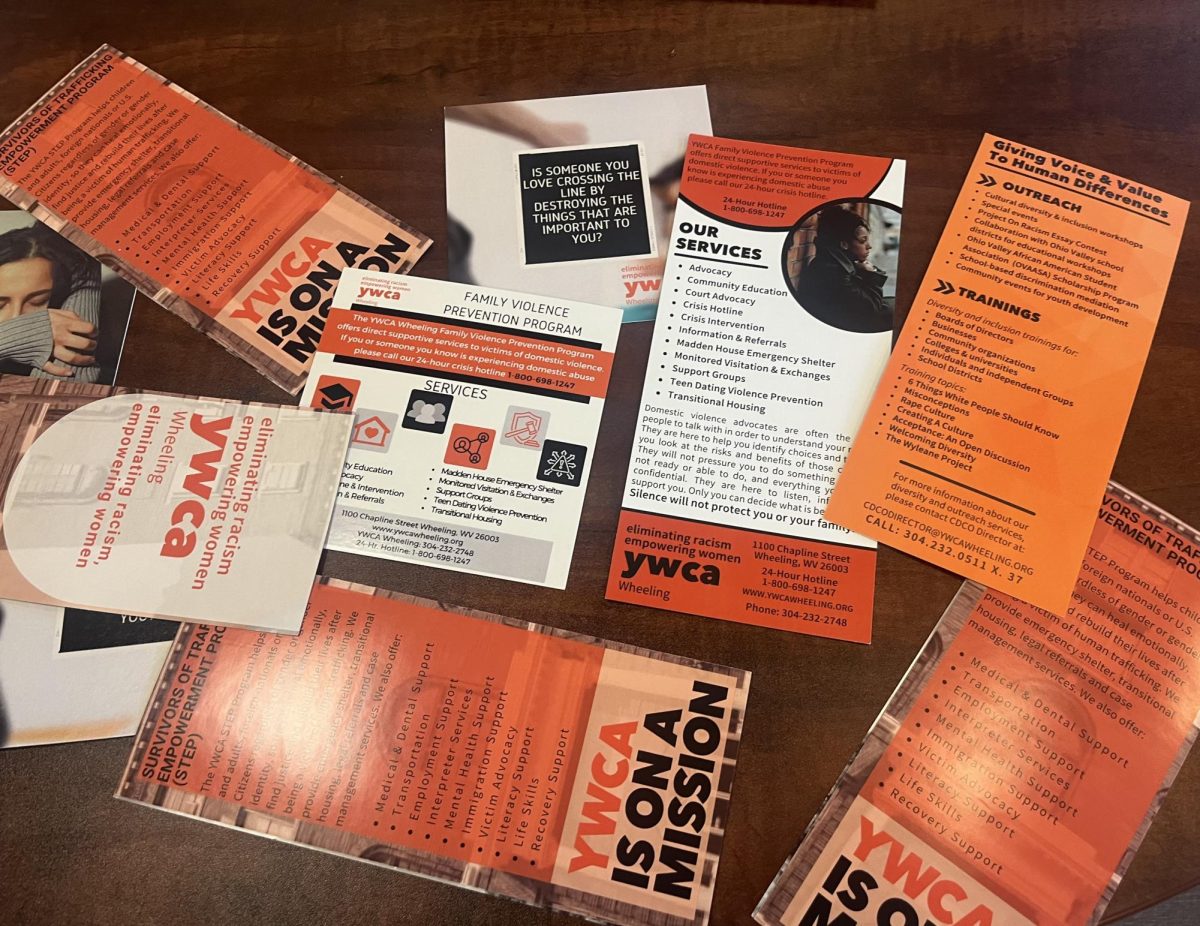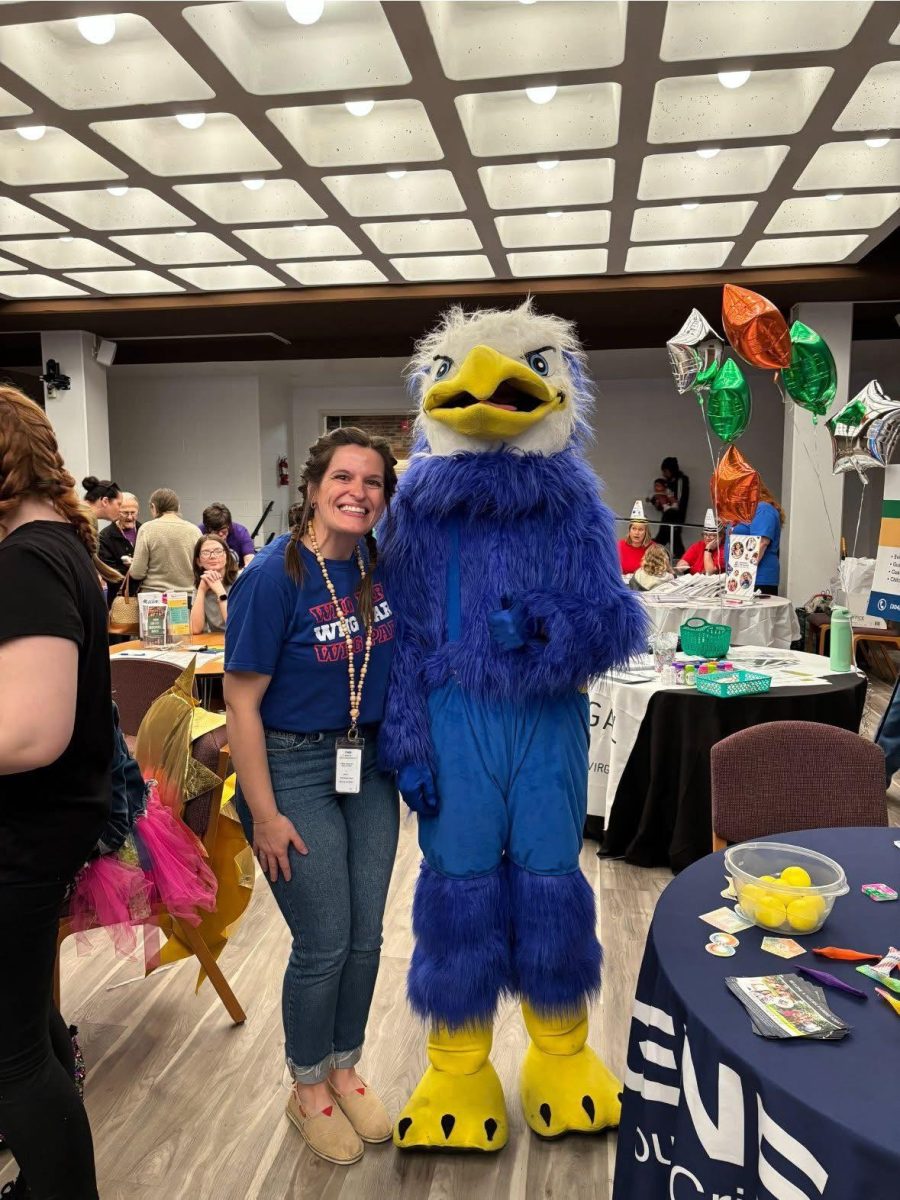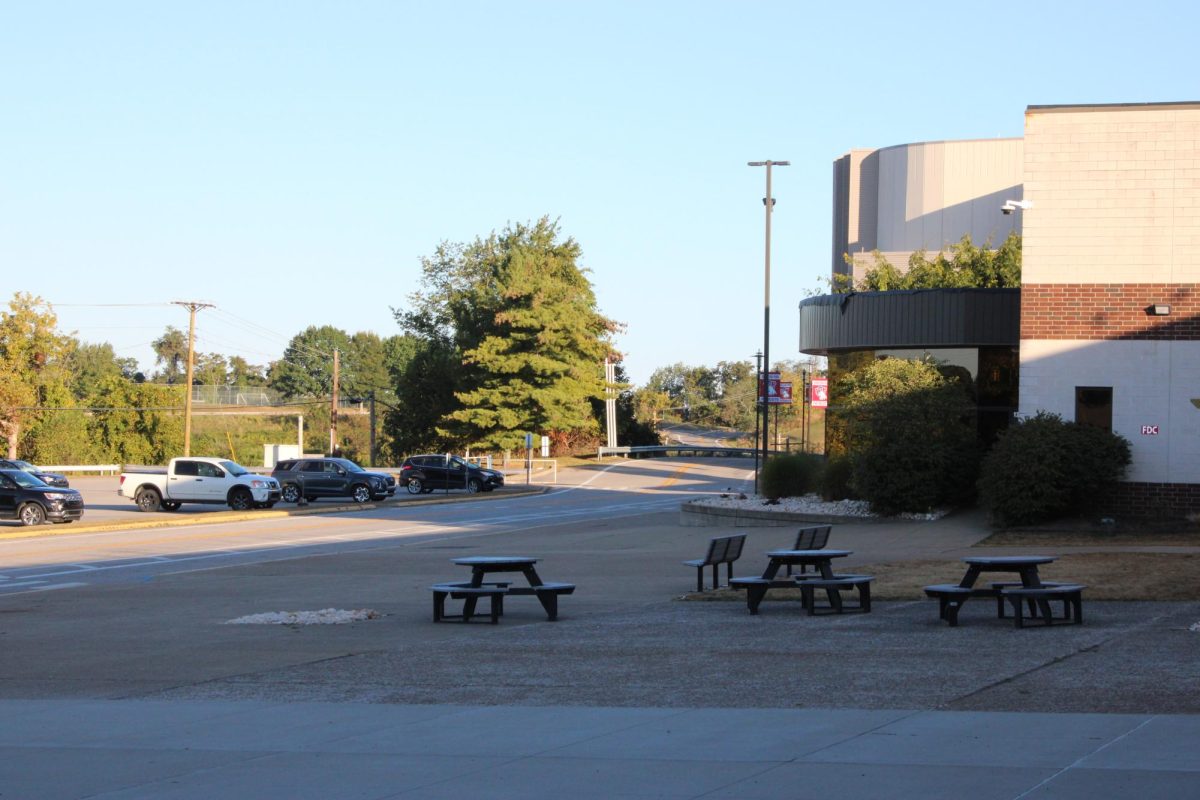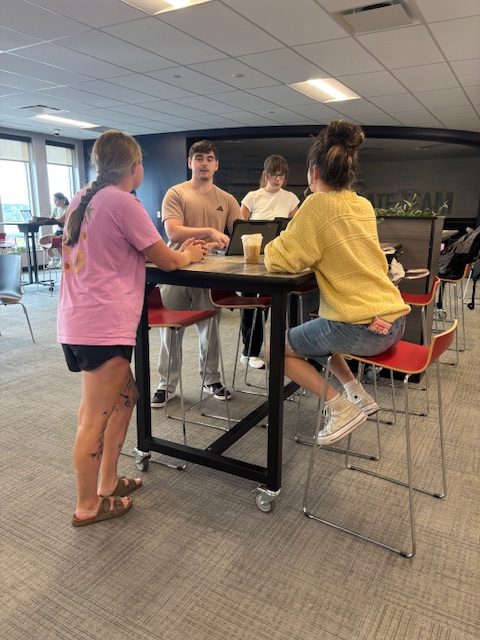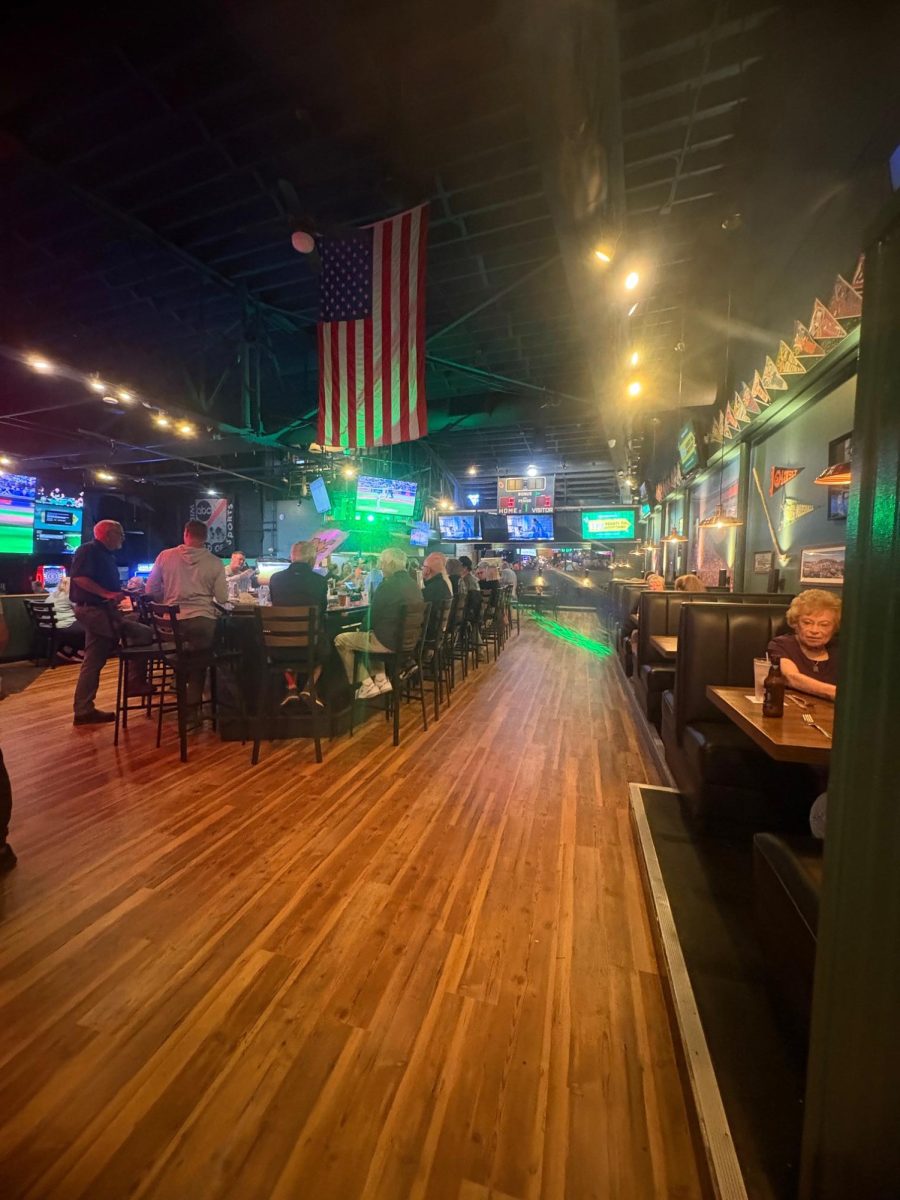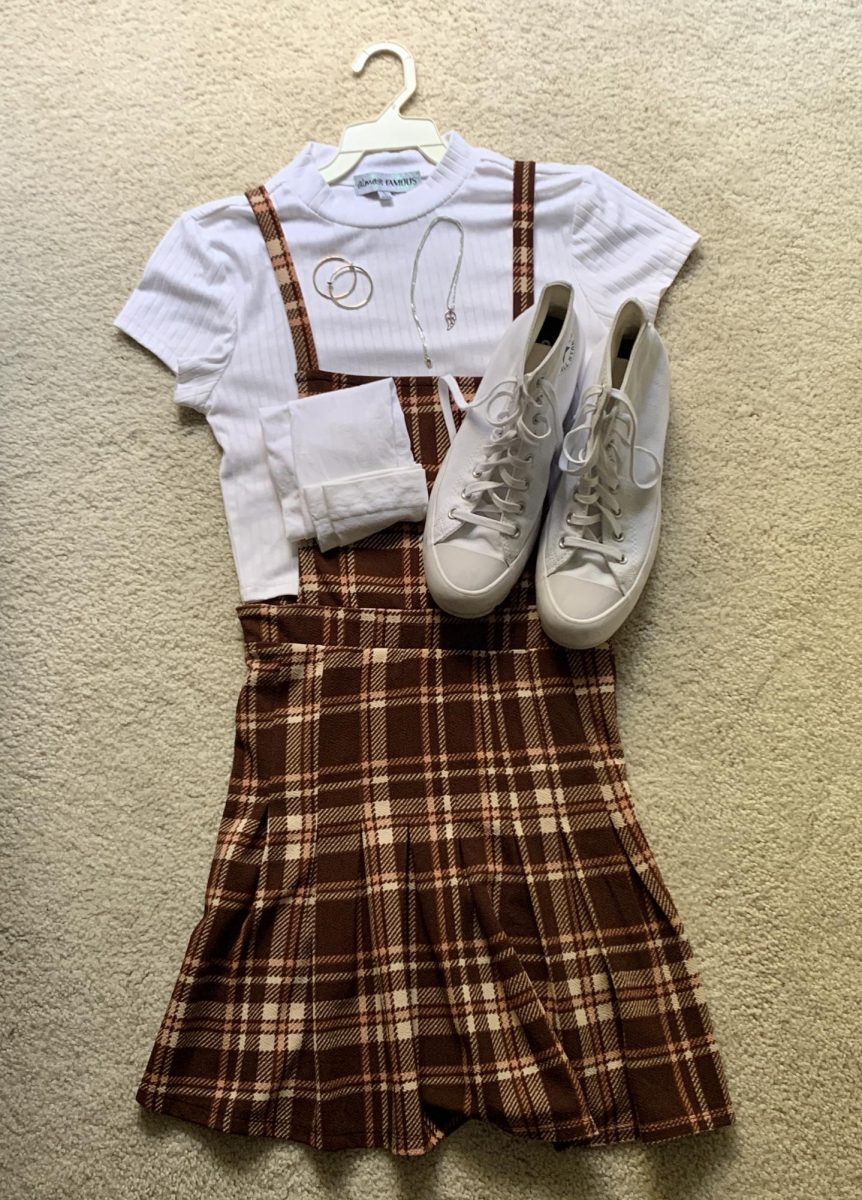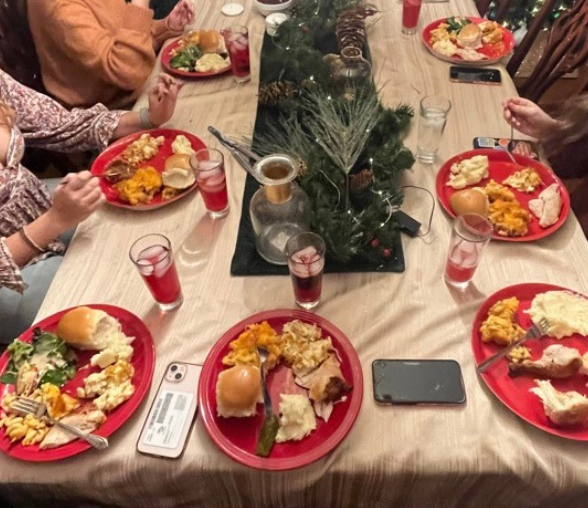While the main idea of Thanksgiving is thankfulness, I think we can all agree that we don’t look forward to being thankful when leading up to the awaited holiday. Instead, we are all thinking of the food. The endless amount of turkey, stuffing, and multiple pieces of pumpkin pie is a drool worthy dream.
For most of us, Thanksgiving, as well as the full holiday season, is a time for family and friends to socialize and celebrate, and most importantly, eating an unlimited amount of food.
To the common eye, the idea of eating is a never-ending dream. To those struggling with any form of disordered eating, this can and will turn into a personal nightmare.
When most hear the words “eating disorder” the stereotypical definition of heavily restricting your food intake might be the first thing to cross your mind, but in actuality, the complex phrase encasing many unique struggles.
During most of my developmental years, I personally have struggled with different types of issued eating. Even though I’m proud to say that my struggles are fading, I often find myself facing intense anxiety when presented with holiday feasts.
Now for those who have never experienced any form of disordered eating, it might seem completely out of the ordinary for your biggest worry during the most delicious holidays of the year to be the food itself.
Thanksgiving, and other food-centered holidays often create an extremely frightening environment. Whether that includes the overwhelming amount of food, fear of embarrassment when presented with eating socially, or even the societal norm to eat as much as possible. All of these instances will not only heighten the anxious feelings for many, but also cause
But here’s the truth, the phrase “eating disorder” is a complex and broad title that affects each and every person extremely differently. While one person may have anxious, and triggering feelings about eating “too much,” someone else might simply be in fear of losing control.
It’s detrimental to recognize that this uncontrollable fear and anxiety is deeply personal to each individual yet are extremely common within today’s society.
It’s also essential to understand and recognize that just because someone’s own struggle isn’t visible to you, does not eliminate the fact that it is still present. For those dealing with disordered eating, Thanksgiving truly can feel like a mountain of food to climb and it’s important to take into consideration the compassion and understanding needed.
Now what can we do to help conquer our own and others holiday tummy troubles? While there is no simple answer to end each and every individual’s fear and anxiety surrounding holiday food consumption, there are many approaches that will help such uneasy feelings.
This step might seem the easiest, but in reality, most will find the hardest. Feel out the situation before making ANY comments about a person’s weight or dieting choices. While yes, your Aunt Cindy who has been healthily and proudly dieting for months very well might appreciate a comment or two about her newfound habits, this will not always be the case for most. Refrain from making hurtful comments about a person’s eating habits, whether that might be “wow, you’re really cutting back this year,” or even “someone’s hungry!”
Whether we might acknowledge it or not, any comment regarding this topic can be extremely sensitive and uniquely triggering for each individual.
And for those struggling, remember that it’s okay to say no to certain situations, foods, or even conversations you don’t feel comfortable partaking in. As we head into this holiday, remember that no matter your struggle, Thanksgiving is about thankfulness, and at times, that thankfulness can be found other places beside the dinner table.
While our counselors will not be working during the holiday season, you can contact the National Eating Disorders Helpline at (800) 931-2237 or text “NEDA” to 741741 for immediate support.

